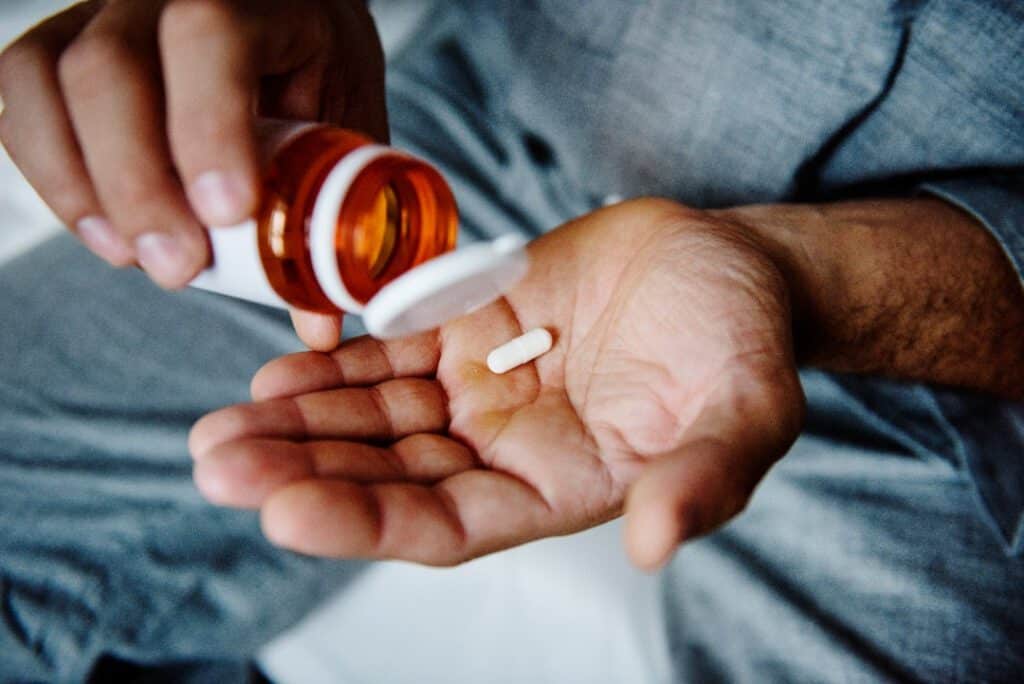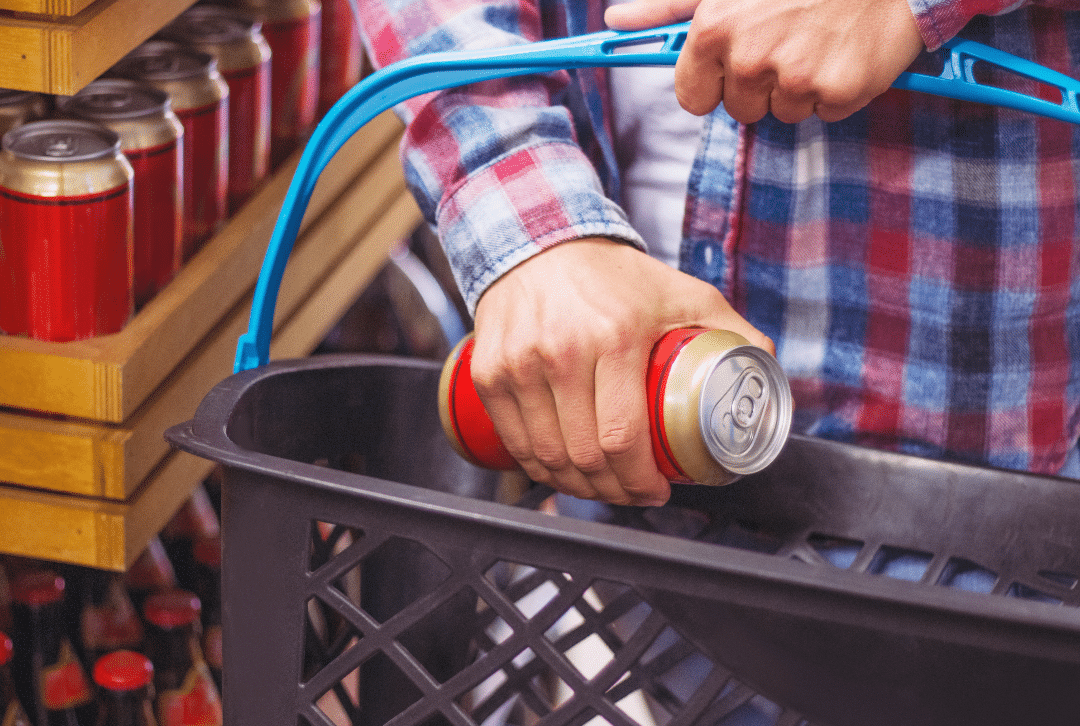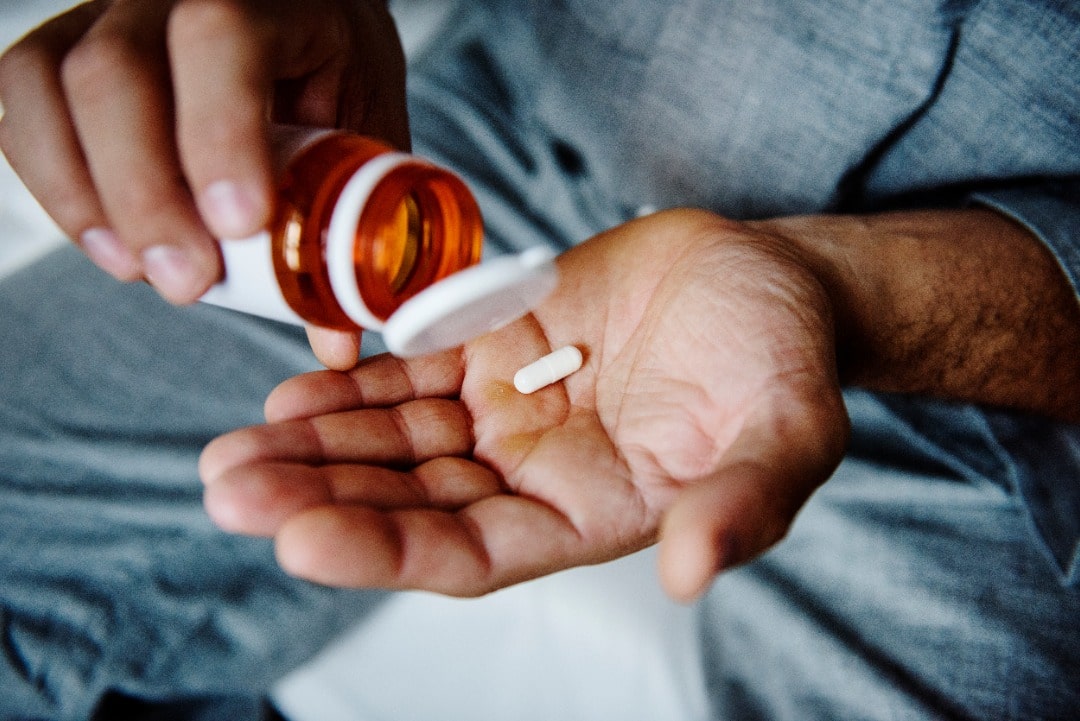What is Alcohol Withdrawal?
Alcohol withdrawal is the set of symptoms that occur when someone who drinks heavily for a long period suddenly reduces their alcohol intake or stops entirely. The severity of withdrawal symptoms varies from mild to severe depending on a few factors, such as the amount you drink, how long you drank, or existing medical conditions.1

Alcohol Withdrawal Symptoms
- Anxiety
- Tremors
- Sweating
- Nausea
- Vomiting
- Headaches
- Insomnia
- Delirium tremens (DTs)
How Does Xanax Help With Alcohol Withdrawal?
Xanax belongs to a class of medications called benzodiazepines, which work by slowing down the central nervous system. This function helps reduce the anxiety and tremors that can be commonplace during alcohol withdrawal.2 Many alcohol withdrawal treatments involve medication-assisted treatment with benzodiazepines as part of a comprehensive approach to care. However, using these medications at home without direct physician involvement can lead to disastrous consequences.
Risks of Using Xanax for Alcohol Withdrawal
How to Find Alcohol Withdrawal Treatments
Xanax is an effective form of alcohol withdrawal treatment but should only be taken with the direction and supervision of a medical professional. Using Xanax for alcohol withdrawal can be risky and may lead to physical dependence and addiction if not used properly. If you or someone you know is struggling with alcohol use disorder, it’s important to seek professional help to develop a safe and effective treatment plan.
Programs like those at Silver Pines recognize both the risks and benefits of using benzodiazepines during alcohol withdrawal treatment.We offer supervised medication-assisted therapy to reduce the discomfort of the detox period and provide a smooth transition into early recovery. If you’re ready to seek help, reach out to us through our online contact form or call us at 267.209.7313to speak with an admissions specialist and find the right program for you.
References
- American Society of Addiction Medicine. (2022). The ASAM Clinical Practice Guideline on Alcohol Withdrawal Management.
- Journal of Clinical and Diagnostic Research. (2015). Alcohol Withdrawal Syndrome: Benzodiazepines and Beyond.



